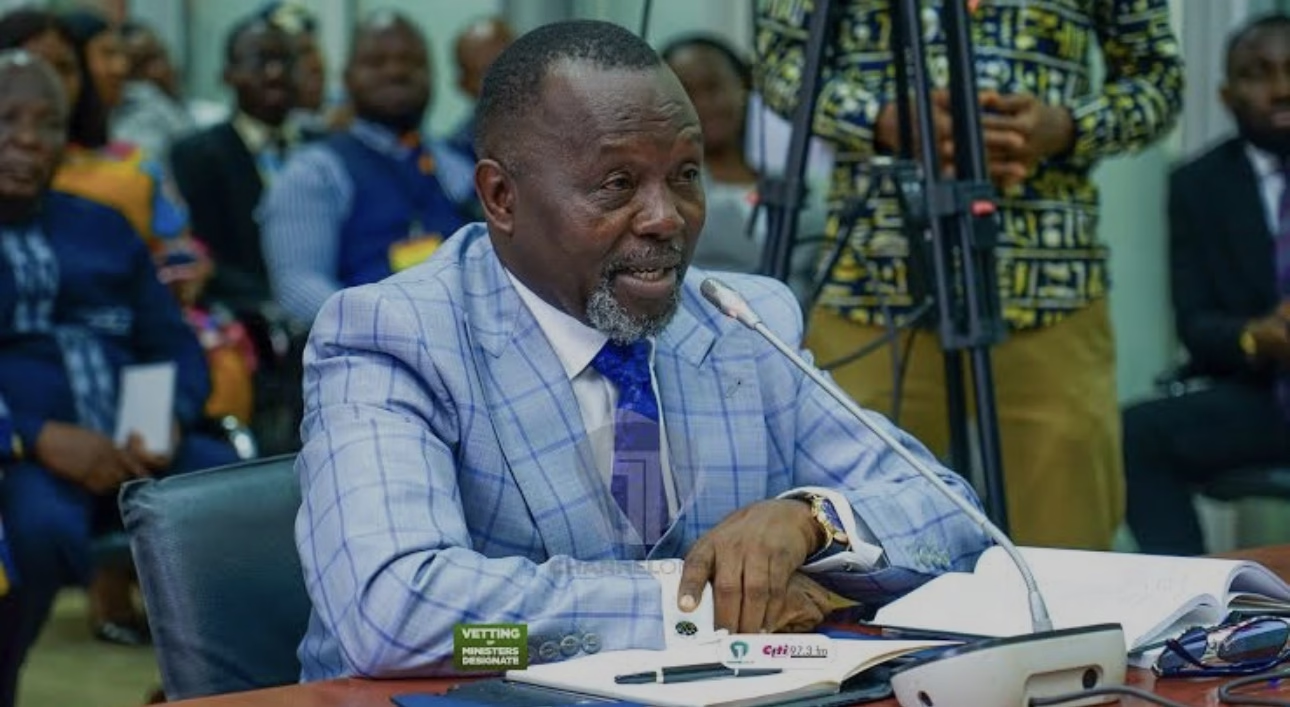Ghana’s Attorney General and the Spirit of Justice: Are We Forgetting That No One Is Guilty Until Proven Guilty?

The cornerstone of every fair justice system — including Ghana’s — is the simple but powerful principle that “a person is presumed innocent until proven guilty.”
Yet, recent public statements and courtroom commentaries by the Attorney General’s Office have sparked debate among legal practitioners, civil society groups, and the general public over whether this sacred constitutional right is being respected in practice.
The Law and the Principle of Innocence
Article 19(2)(c) of Ghana’s 1992 Constitution states clearly:
“A person charged with a criminal offence shall be presumed to be innocent until he is proved or has pleaded guilty.”
This provision, rooted in international human rights law, protects every individual from bias, political persecution, or premature judgment. It ensures that justice is determined by evidence in court — not by public perception or political pressure.
But in recent times, many Ghanaians have expressed concern that some high-profile pronouncements by the Attorney General and Minister for Justice seem to blur this line. Critics argue that public commentary on ongoing cases — sometimes labeling accused persons as culpable before the courts conclude proceedings — may undermine the very justice system the Attorney General swore to protect.
Public Trials Before Legal Trials
Observers say Ghana’s justice system is increasingly being influenced by what they call “trial by press conference.” Statements issued by the Attorney General’s office — often detailing allegations against individuals still before court — tend to shape public opinion before any verdict is delivered.
While some see this as transparency, others see it as a dangerous trend that erodes confidence in judicial independence.
A senior member of the Ghana Bar Association (GBA) who spoke to Nsemgh.com on condition of anonymity said:
“The Attorney General represents the state, not the court of public opinion. His duty is to prosecute fairly, not to influence society’s perception before a ruling is made. The presumption of innocence is not optional — it is constitutional.”
The Role of the Attorney General
The Attorney General of Ghana serves a dual function — as both the government’s chief legal advisor and the nation’s lead public prosecutor. This unique position demands a high level of discretion, impartiality, and restraint.
Legal experts argue that public commentary on ongoing cases — especially those involving political opponents or public figures — risks creating a perception of bias. Even if the intention is to keep citizens informed, the effect can be prejudicial to the accused and disrespectful to the courts.
Justice, they say, must not only be done but also be seen to be done — and that includes how the prosecution communicates with the public.
Voices Calling for Caution
Civil society organizations like the Centre for Democratic Development (CDD-Ghana) and Ghana Integrity Initiative (GII) have in the past urged public officials, including the Attorney General, to refrain from making pre-judgment statements.
CDD-Ghana, in a previous policy brief, warned that “weaponizing legal commentary can distort justice delivery and harm democratic credibility.”
Others also note that such pronouncements could affect jury or judge impartiality, especially in politically sensitive trials, and discourage fair representation for defendants.
Balancing Transparency and Justice
To be fair, the Attorney General’s office often defends its public statements as part of the government’s commitment to transparency and public accountability. Citizens, they argue, have a right to understand the status of cases involving public funds or corruption.
However, legal experts caution that transparency must not cross into advocacy or accusation. There is a fine line between explaining state action and declaring guilt before a verdict.
The Way Forward
For Ghana’s democracy to thrive, its justice system must be seen as independent, balanced, and trustworthy. Respecting the presumption of innocence is not just a legal formality — it is a test of the nation’s moral compass and commitment to the rule of law.
As one retired judge put it:
“The moment we allow politics or emotions to replace the principle of fair trial, we lose the soul of justice.”
Ghana’s Attorney General, as the guardian of the state’s legal conscience, must therefore lead by example — speaking less like a political actor and more like a custodian of constitutional order.
Conclusion
The presumption of innocence is not negotiable. It is the line that separates democracy from dictatorship, fairness from bias, and justice from vengeance.
If Ghana is to continue as a beacon of rule of law in Africa, its leaders — especially those entrusted with the law — must remember that no one is guilty until proven guilty in court.
Source: Nsemgh.com | Promoting Justice, Democracy, and Accountability in Ghana

